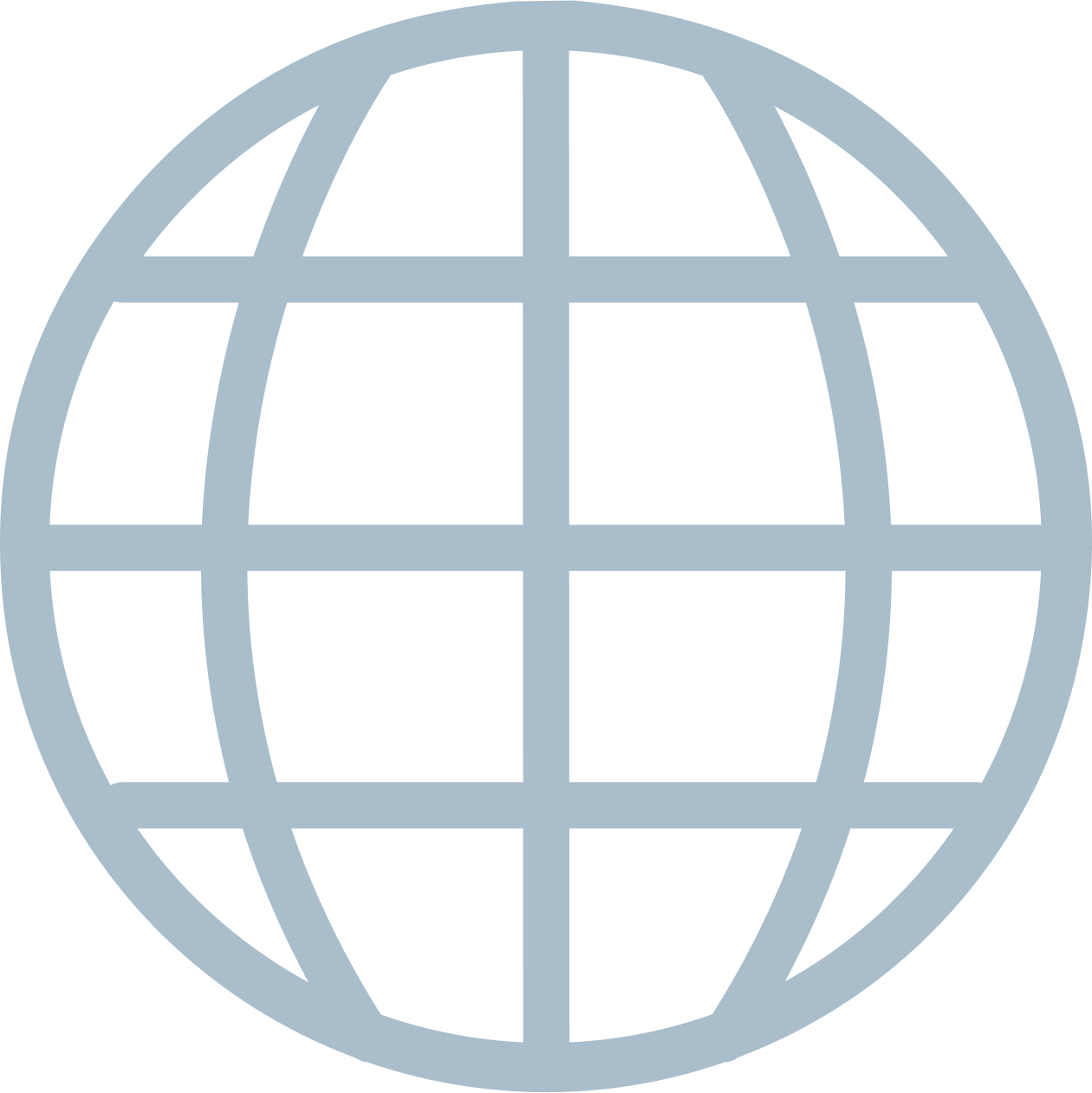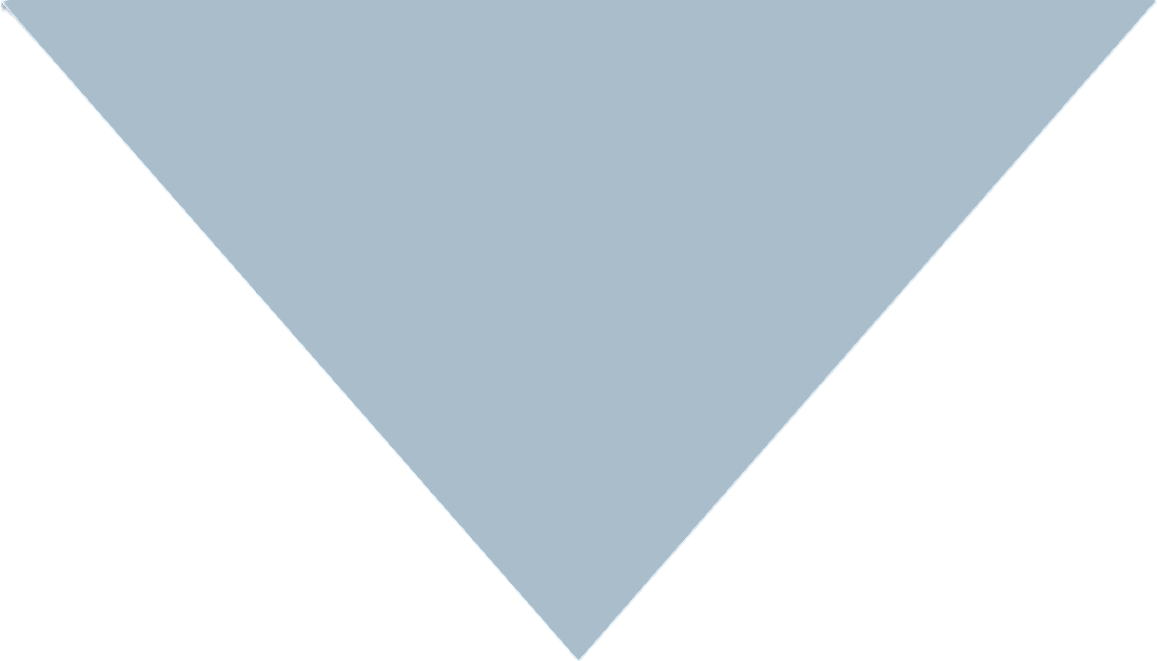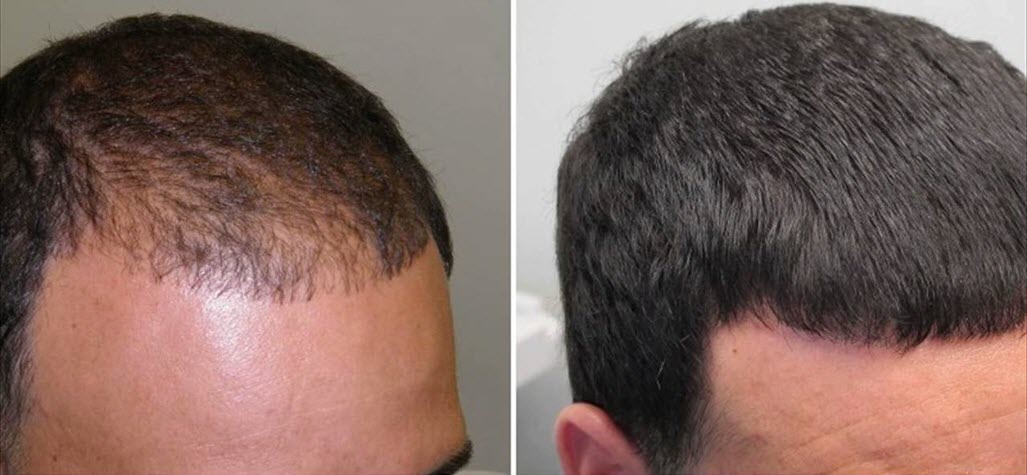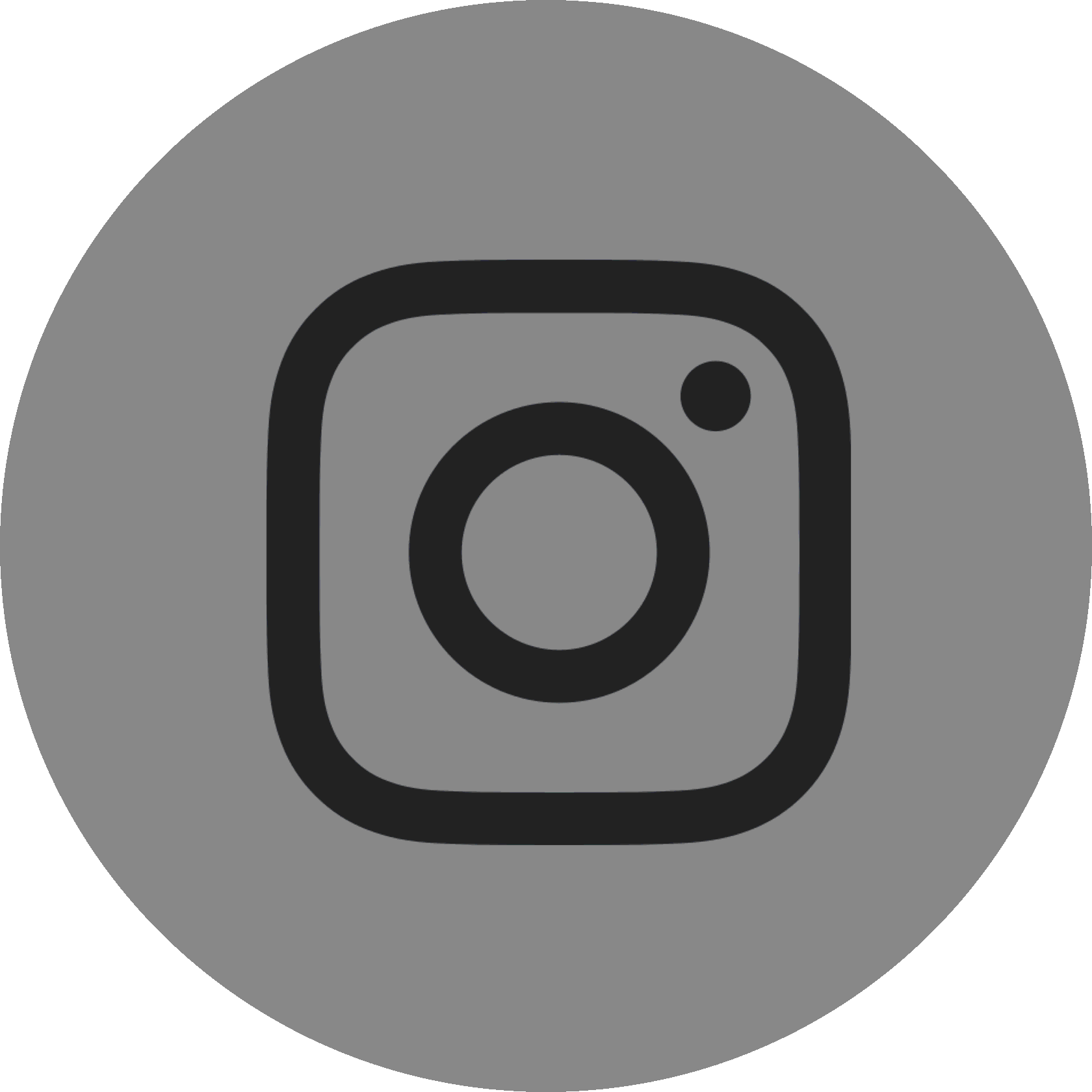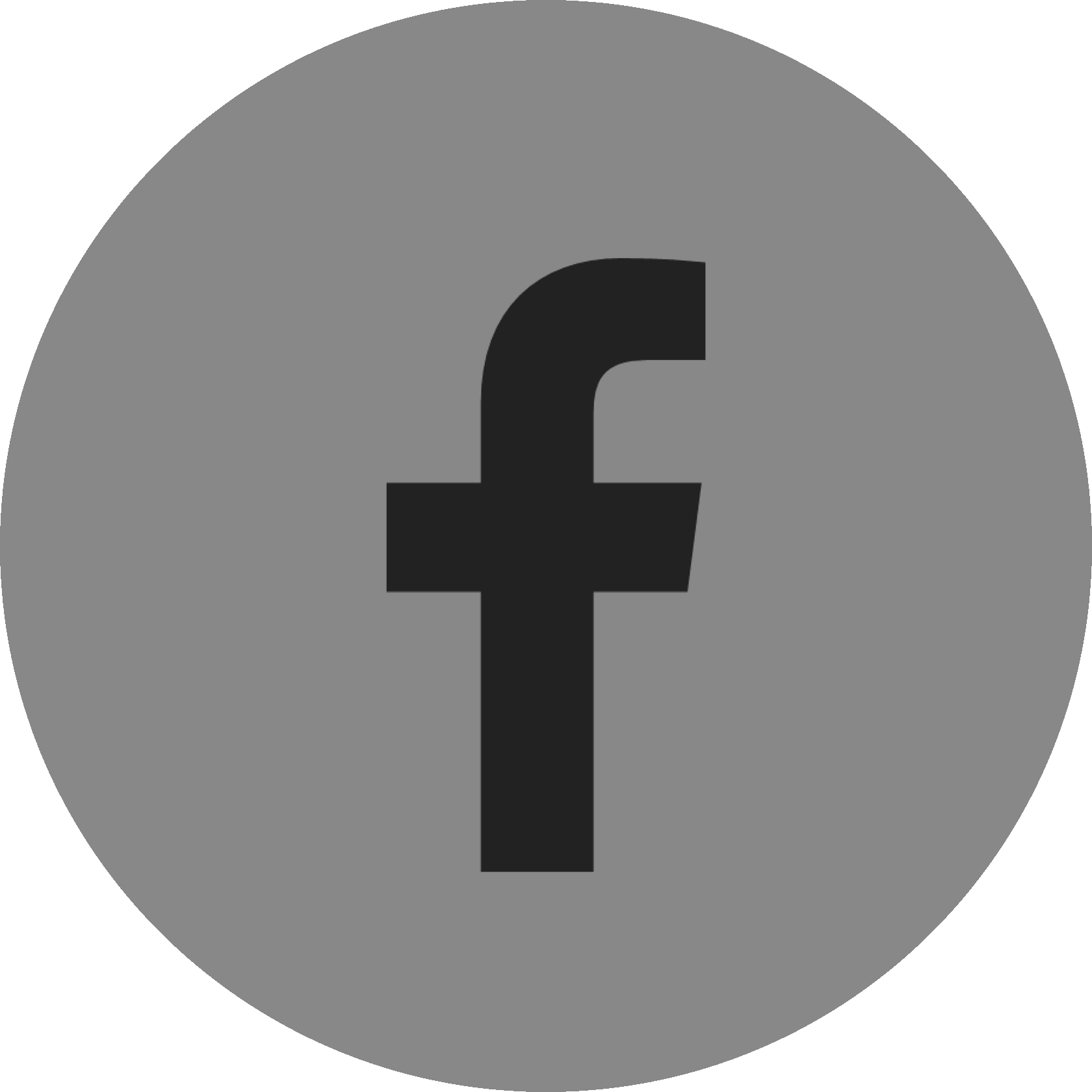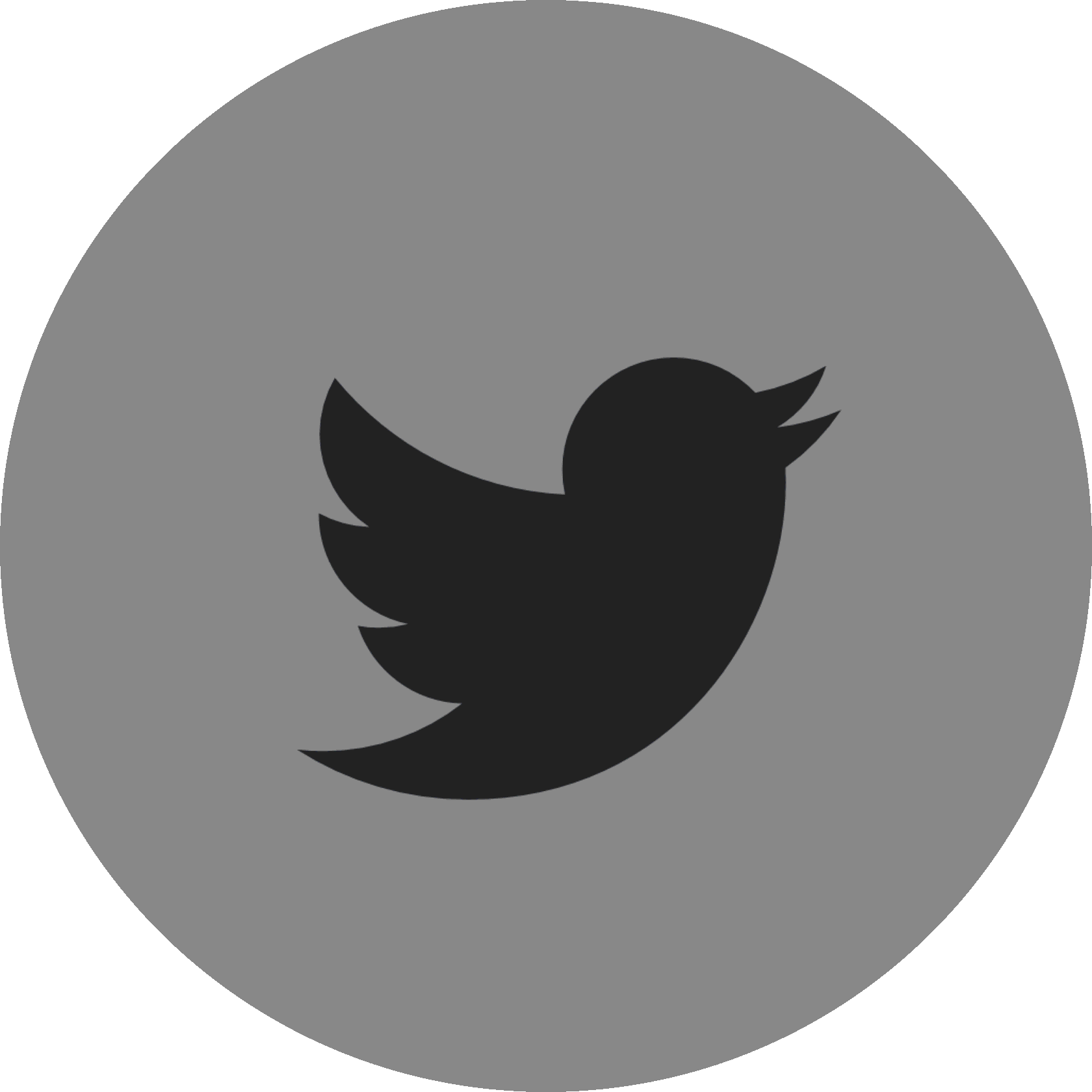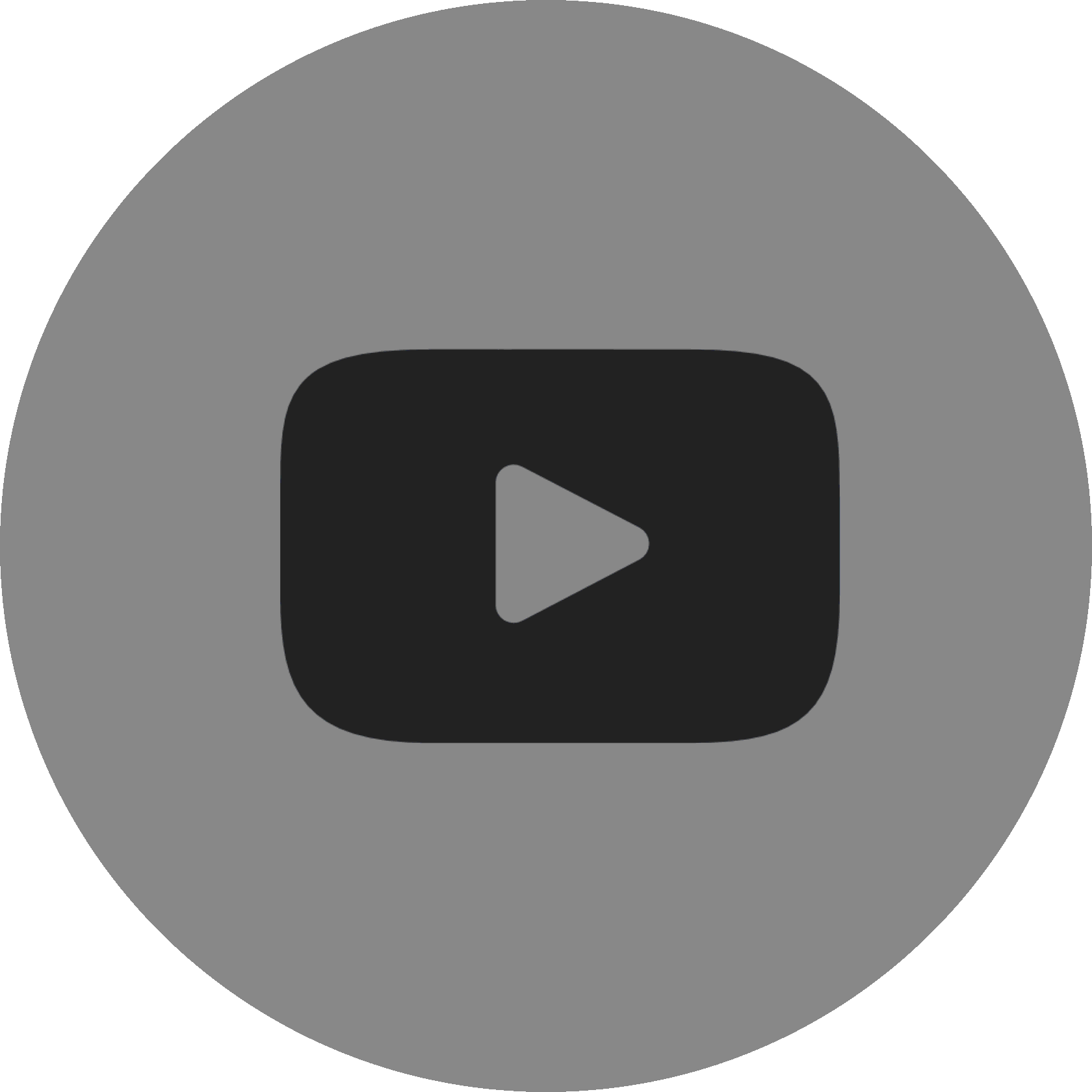The methods of therapy include:
1. The use of external medicinal products that stimulate hair growth, for example, such as:
- Minoxidil - an over-the-counter product that must be applied to the scalp, eyebrows, beard twice a day. In some cases, to fix the problem, the drug must be used for at least a year. It is effective in the fight against alopecia areata.
- Antralin - this medicine has an irritating effect on the skin, which ensures the growth of new hair.
2. Use of corticosteroid creams such as clobetasol. In the presence of an inflammatory process in the hair follicle, the following will become effective:
- Local immunotherapy. The technique involves the topical application of diphencipron (a chemical) that causes an allergic reaction and helps stimulate new hair growth.
- Steroid injections. Injection therapy is used to resume hair growth in problem areas. With the help of small needles, a steroid substance is injected into the skin. The recommended number of procedures is one in 1-2 months. But you should take into account the possible risk of re-falling.
3. The use of oral cortisone tablets is recommended for extensive alopecia. However, be aware of the large number of side effects. Oral immunosuppressants (methotrexate, cyclosporine) are also used in the treatment of hair loss, which block the response of the immune system. But due to the high risk of complications, they should be used with caution.
4. Light therapy or photochemotherapy - a type of radiation therapy that uses ultraviolet light in combination with an oral medication (psoralen).
5. Alternative treatments for hair loss also include: aromatherapy, probiotics, acupuncture, vitamins (zinc, biotin), laser therapy, essential oils, scalp massage, herbal supplements.
In some cases, multiple treatments will need to be used. It is worth remembering that such therapy can only have a temporary effect.
Vitamins and supplements for hair loss
Certain nutrient deficiencies have been found to negatively affect hair health. They need vitamins A, E, F, C, group B, trace elements - zinc, calcium, magnesium, silicon, iron, copper, as well as probiotics.
Biotin
Research published in 2016 in the International Journal of Trichology showed that 38% of women with alopecia were deficient in biotin, so this substance is an essential component of hair supplements.
Collagen
This filamentous protein is the basis of connective tissue. They contain many different amino acids necessary for hair growth and health. With age, the amount of collagen in the body decreases and hair begins to fall out. Collagen supplements prevent hair loss, stimulate hair growth and keep hair follicles healthy.
Iron
According to a study published in Skin Physiology and Pharmacology, low iron levels increase the risk of everyday hair loss. The causes of iron deficiency can be different and are determined by the doctor. Taking special supplements will help not only eliminate anemia, but stop hair loss. Iron is best taken with vitamin C, which acts synergistically to increase the absorption of this micronutrient. However, before you start taking these funds, you must pass the appropriate tests.
Vitamin D
It has been established that almost every 4th person on the planet is deficient in vitamin D. This nutrient is involved in many processes in the body, and is also important for healthy skin and hair. According to a study published in Clinical and Experimental Medicine, low vitamin D levels are associated with an increased risk of developing alopecia areata, and supplementation may reduce the severity of the disease that has already developed.
Zinc
According to a 2013 study published in the Journal Of Drugs in Dermatology, people who suffer from regular hair loss caused by telogen effluvium have low levels of zinc in their blood. This suggests that this microelement is also important for the preservation of hair. Taking zinc supplements will help strengthen hair and slow hair loss.
Omega-3 fatty acids
According to a 2015 study published in the Journal of Cosmetic Dermatology, omega-3 fatty acids may be helpful in preventing hair loss.
Probiotics
Hair health depends on the state of the microbiome (community of symbiotic microorganisms living in the human body). A balanced symbiotic microflora performs a huge range of the most important physiological functions, ensuring the normal functioning of all organs and tissues, including healthy skin and hair. By improving the intestinal microflora by taking such probiotic complexes, such as Daigo, we not only heal the whole body, but also improve the condition of the hair.
Adaptogens
Adaptogens support the body during times of stress, reducing psychological pressure and normalizing hormonal balance. It has been established that stress and negative emotions worsen the condition of the hair, contributing to hair loss. Thanks to such adaptogens as ashwagandha, rhodiola, mushrooms - chaga, reishi, shiitake, you can improve your emotional state and stop hair loss.
To obtain a lasting effect, taking vitamins and dietary supplements for hair should be combined with special external products containing components that nourish the hair follicles and stimulate blood flow to them. First of all, these are shampoos aimed at strengthening hair, as well as serums, phytoessential ampoules with powerful active ingredients, special combs and massagers. Treatment is carried out in courses.

